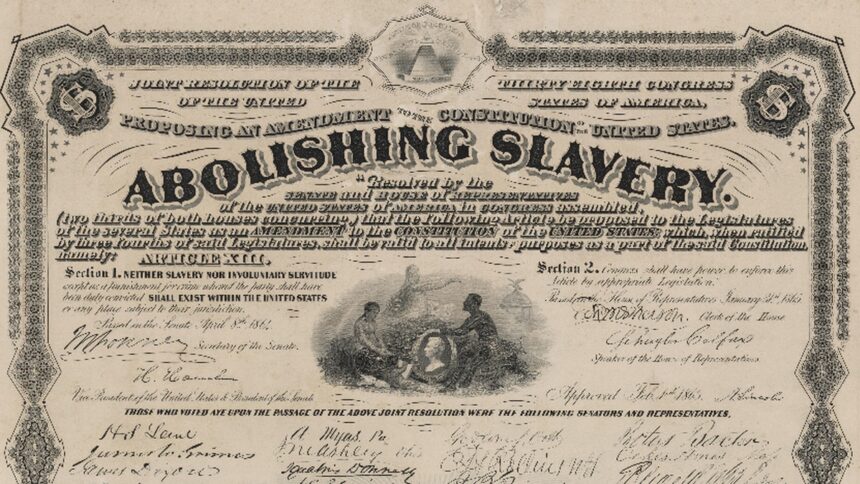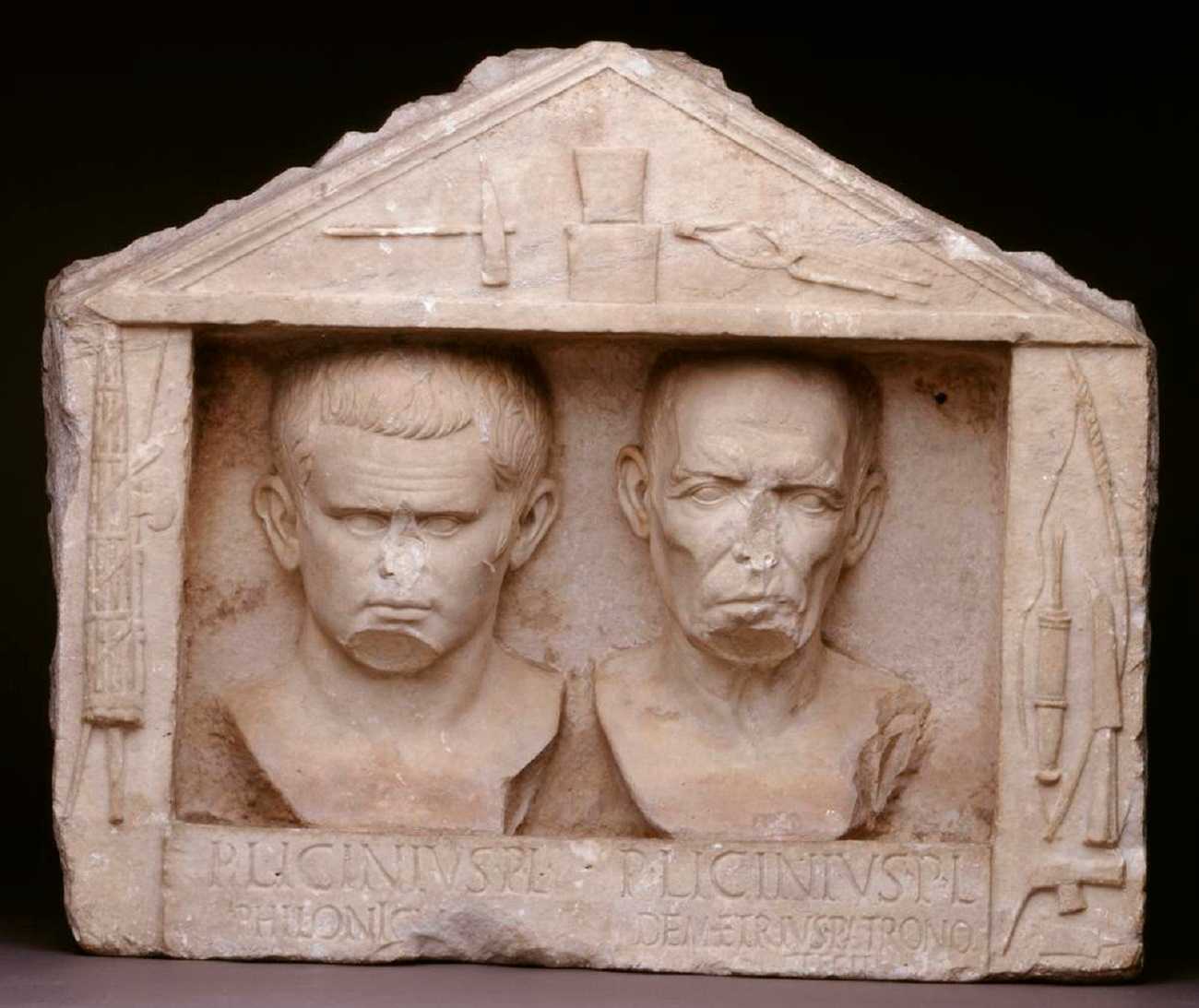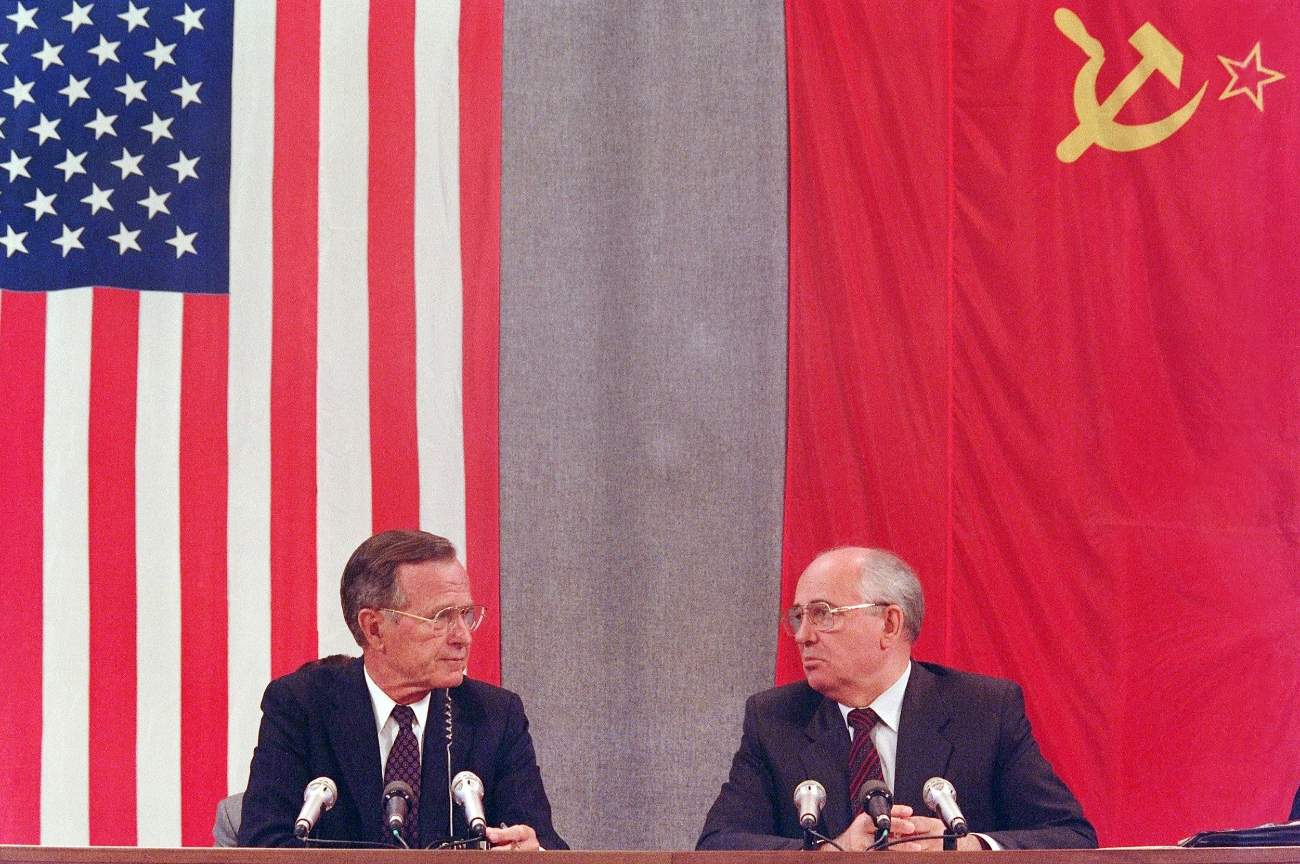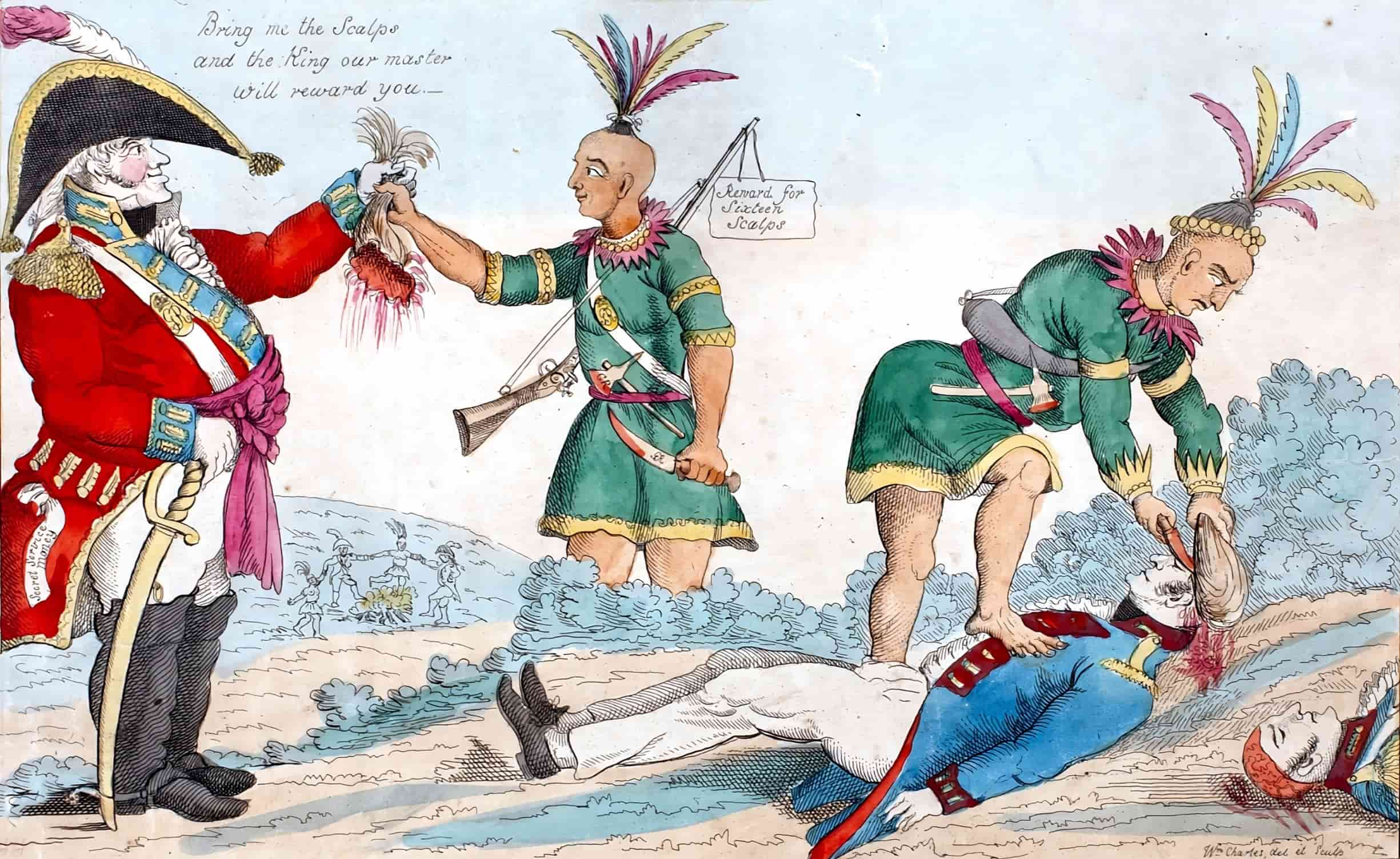The beginning of the slave period in North America dates back to the arrival of British colonists. The first colony was founded in Virginia in 1607, and the first documented arrival of African slaves occurred in 1619. A privateer ship, the White Lion, anchored in the town of Hampton, formerly known as Point Comfort. Onboard were about twenty enslaved people from Angola.
According to the Hampton History Museum, these individuals had first been captured by the Portuguese and loaded onto the slave ship São João Baptista, alongside more than 300 other captives. The White Lion then attacked the vessel and took a portion of its human cargo, including the enslaved Africans.
As the number of settlers grew over the years, so did the demand for labor.
The rapid expansion of tobacco and later cotton plantations led to the spread of slavery across the country, though the majority of enslaved people lived in the South.

Slavery in the United States was officially abolished with the ratification of the 13th Amendment to the Constitution. This amendment was passed by Congress on January 31, 1865, and ratified by the necessary three-fourths of the states on December 6, 1865.
Prior to the 13th Amendment, President Abraham Lincoln issued the Emancipation Proclamation on January 1, 1863, which declared that all enslaved people in states that were in rebellion against the Union were to be set free. However, this proclamation did not apply to enslaved individuals in border states loyal to the Union or in areas already under Union control. The Emancipation Proclamation was a significant step towards ending slavery but did not provide a permanent solution.
The 13th Amendment explicitly states: “Neither slavery nor involuntary servitude, except as a punishment for crime whereof the party shall have been duly convicted, shall exist within the United States”. This amendment marked a constitutional guarantee of freedom for all enslaved individuals across the nation.
In summary, while the Emancipation Proclamation initiated the process of emancipation during the Civil War, it was not until December 6, 1865, with the ratification of the 13th Amendment, that slavery was formally abolished in the United States.
What Was the Significance of the Emancipation Proclamation
The Emancipation Proclamation, issued by President Abraham Lincoln on January 1, 1863, holds significant historical importance for several reasons:
Transformative Impact on the Civil War
The Proclamation fundamentally altered the nature of the Civil War. It shifted the Union’s war aims from merely preserving the nation to also including the abolition of slavery as a key objective. This transformation infused the conflict with a moral imperative, framing it as a struggle for human freedom rather than just a political dispute
Military and Political Strategy
By declaring the freedom of enslaved people in Confederate states, Lincoln aimed to weaken the South’s economy and military capacity, as enslaved labor was integral to the Confederate war effort. The Proclamation also allowed for the enlistment of Black soldiers into the Union Army, significantly bolstering its ranks. By the end of the war, nearly 200,000 Black soldiers had served in various capacities, contributing to the Union’s victor
Moral and Symbolic Significance
Although it did not immediately free all enslaved individuals—exempting those in loyal border states and areas already under Union control—the Emancipation Proclamation symbolized a commitment to ending slavery. It galvanized abolitionist sentiment and provided a rallying point for those fighting against slavery, reinforcing the notion that the war was also a fight for freedom.
International Implications
The Proclamation had significant diplomatic consequences as well. By linking support for the Confederacy with support for slavery, it discouraged foreign nations, particularly those in Europe where slavery had been abolished, from recognizing or supporting the Confederacy. This shift helped to solidify international support for the Union cause.
In summary, while the Emancipation Proclamation did not abolish slavery outright or free all enslaved individuals at once, it marked a pivotal moment in American history that redefined the Civil War’s purpose and laid the groundwork for future legislative actions leading to the complete abolition of slavery with the 13th Amendment.
How Did the Emancipation Proclamation Influence Public Opinion in the North and South
The Emancipation Proclamation evoked strong reactions and influenced public opinion differently in the North and South.
In the North:
- Abolitionist Support: Abolitionists and radical Republicans largely recognized the strategic and moral implications of the Proclamation, viewing it as a crucial step toward ending slavery, despite its limitations in scope. The Proclamation rallied support from abolitionists and Europeans.buy modafinil online https://buynoprescriptiononlinerxx.net/buy-modafinil.html no prescription pharmacy
- Division Among Northerners: White supremacists and some Democrats expressed outrage, with some condemning Lincoln and claiming the Proclamation overthrew the Constitution. Many in the North harbored racist sentiments and were concerned about the potential integration of formerly enslaved people into the United States.
- Political Consequences: The Proclamation and the suspension of habeas corpus were criticized by some, leading to political setbacks for Lincoln’s party in the 1862 elections. However, some historians argue that the Republicans maintained support in key areas, indicating an endorsement of Lincoln’s policies by a majority of Northern voters.
- War Democrats’ Dilemma: War Democrats found themselves in a difficult position, as they saw the Proclamation as a viable military tool but worried that opposing it would demoralize Union troops.
In the South:
- Outrage and Vindication: Confederates reacted with outrage, viewing the Proclamation as proof that Lincoln intended to abolish slavery all along, even if the Southern states had remained in the Union. Confederate President Jefferson Davis called Lincoln’s action “the most execrable measure recorded in the history of guilty man”.
- Fear of Slave Revolts: The Proclamation intensified fears of slave revolts and undermined morale, particularly among slave owners who saw it as a threat to their economic stability and social order.
- Confederate Defiance: Some Confederates welcomed the Proclamation, believing it would strengthen pro-slavery sentiment and encourage greater enlistment in the Confederate army. Confederate General Robert E. Lee called the Proclamation a “savage and brutal policy”.
- Economic Impact: The Proclamation was seen as a means to weaken the South’s economic system by freeing enslaved laborers. As a result of the Proclamation, the price of slaves in the Confederacy increased in the months after its issuance.
What was the impact of the Emancipation Proclamation on African Americans during the war
The Emancipation Proclamation had a profound impact on African Americans during the Civil War, influencing their status, roles, and perceptions within society. Here are the key effects:
Legal Declaration of Freedom
The Emancipation Proclamation declared that all enslaved individuals in the Confederate states were to be freed as of January 1, 1863. This marked a significant legal acknowledgment of their plight and aspirations for freedom, even though it did not immediately end slavery in the border states or areas already under Union control.
Enlistment in the Union Army
One of the most significant impacts was the opening of military service to African Americans. The Proclamation enabled approximately 200,000 Black soldiers and sailors to enlist in the Union Army and Navy by the end of the war.
This influx provided crucial manpower to the Union forces at a time when enlistment rates among white soldiers were declining due to war fatigue. African American soldiers fought valiantly in numerous battles, proving their courage and capability.
Shift in Perception
The participation of African Americans in combat roles challenged prevailing racial stereotypes. Their performance on the battlefield demonstrated their bravery and patriotism, which helped to shift public opinion about their capabilities and rights as citizens. Frederick Douglass famously articulated that once Black men fought for the Union, they earned their right to citizenship.
Community Mobilization and Morale
The Proclamation galvanized African American communities, both free and enslaved. Many awaited its implementation with hope and faith, participating in “Watch Night” services on New Year’s Eve to pray for freedom. This sense of agency contributed to a broader movement for civil rights and social change.
Increased Risks and Challenges
While the Proclamation opened doors for many, it also placed African American soldiers at greater risk if captured by Confederate forces. They faced harsher treatment compared to white soldiers, including threats of enslavement or execution. The Union Army had to issue orders threatening reprisals against Confederate prisoners to deter such mistreatment.
Foundation for Future Legislation
The Emancipation Proclamation laid the groundwork for subsequent legislative measures aimed at abolishing slavery entirely, culminating in the ratification of the 13th Amendment in December 1865. It symbolized a turning point in American history where the fight for freedom became intertwined with military efforts.















